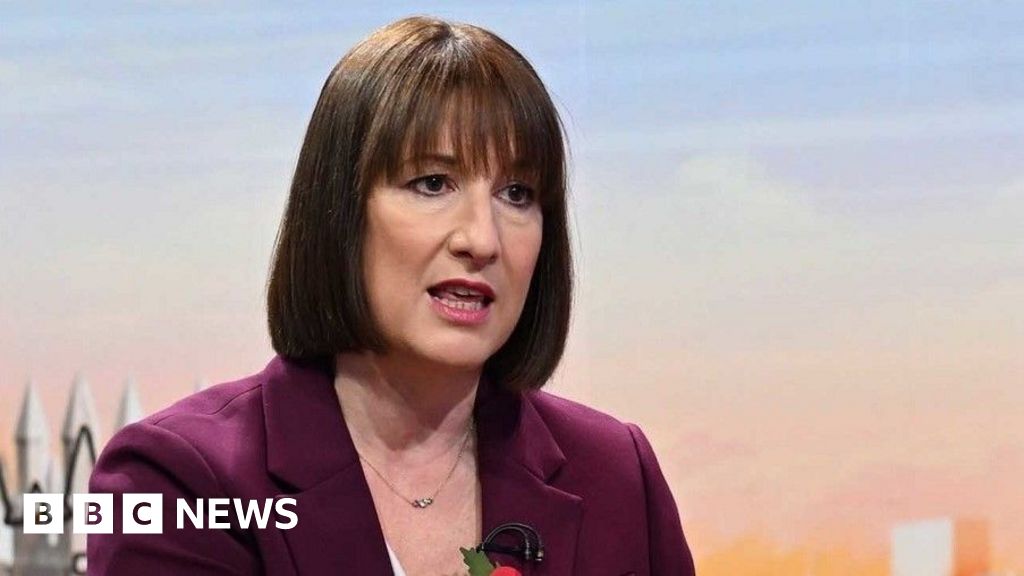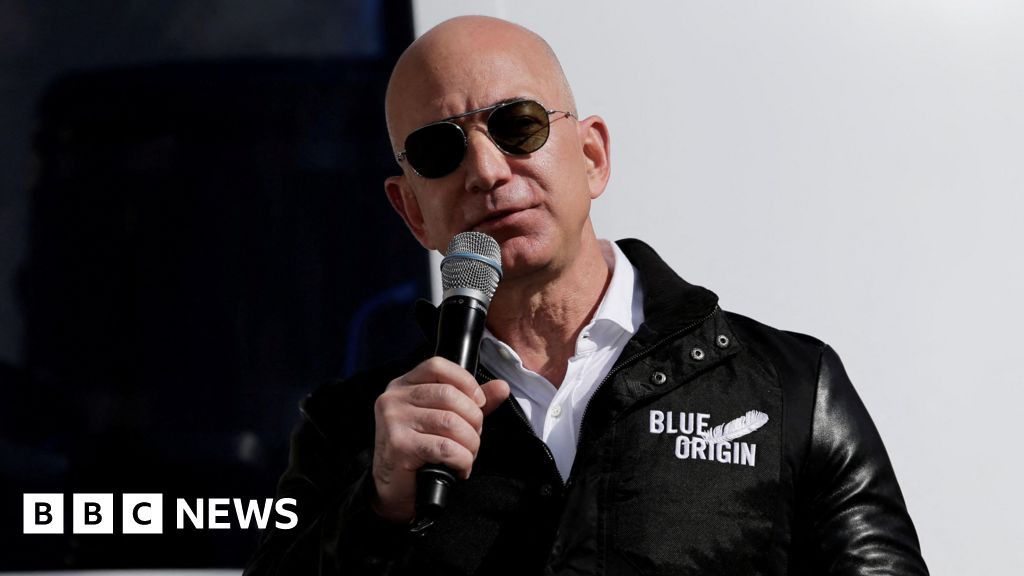Appearing on Sunday with Laura Kuenssberg, the chancellor was asked whether there was any chance she would rethink the NI rise for employers.
“I’m not immune to their criticism,” she said, “but we’ve got to raise the money to put our public finances on a firm footing”.
Wednesday’s Budget outlined policies to increase spending by almost £70bn a year over the next five years.
About half of this is being funded by tax increases, with the other half coming from a rise in borrowing.
The NI rise for employers is set to raise £20bn a year making it one of the biggest single tax-raising measures in history.
From next April, employers will have to pay NI at 15% on salaries above £5,000, instead of 13.8% on salaries above £9,100 currently.
The Institute of General Practice Management, which represents GP practice managers, has estimated the rise will put up the tax bill of the average surgery by around £20,000 a year.
Reeves denied that raising employer NI had been considered by Labour before they came to power.
“No, this was not something that was on the agenda before the election,” she said.
Asked if she had been wrong to say during the election that there would not be any extra taxes if Labour won, she replied: “What I was wrong about was the mess that the previous government had left for us,” citing the £22bn black hole that Labour say the Tory party left them with.
Earlier on Sunday, in an interview with Sky News, Reeves had said “I was wrong on June 11, I didn’t know everything” when she said during the election that higher taxes would not be needed.
The chancellor told the BBC the previous Conservative government cut NI contributions made by workers without the money to do so, but she had not reversed the move because it would be a “direct breach” of Labour’s manifesto.
With the Budget raising taxes on things such as inherited land, private school fees and second homes, it was put to the chancellor that it had targeted people in certain social classes.
However, Reeves said it “wasn’t an ideological Budget”, and that money had to be raised to bolster public finances and ensure that services such as state schools and the NHS are “properly funded”.
Credit: Source link











